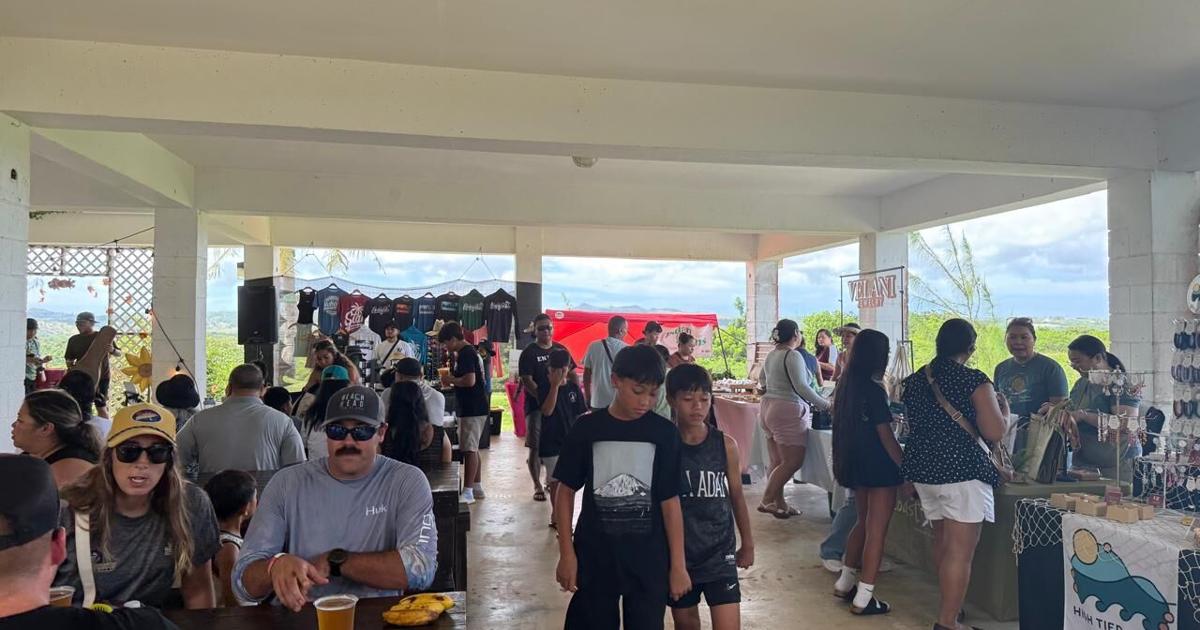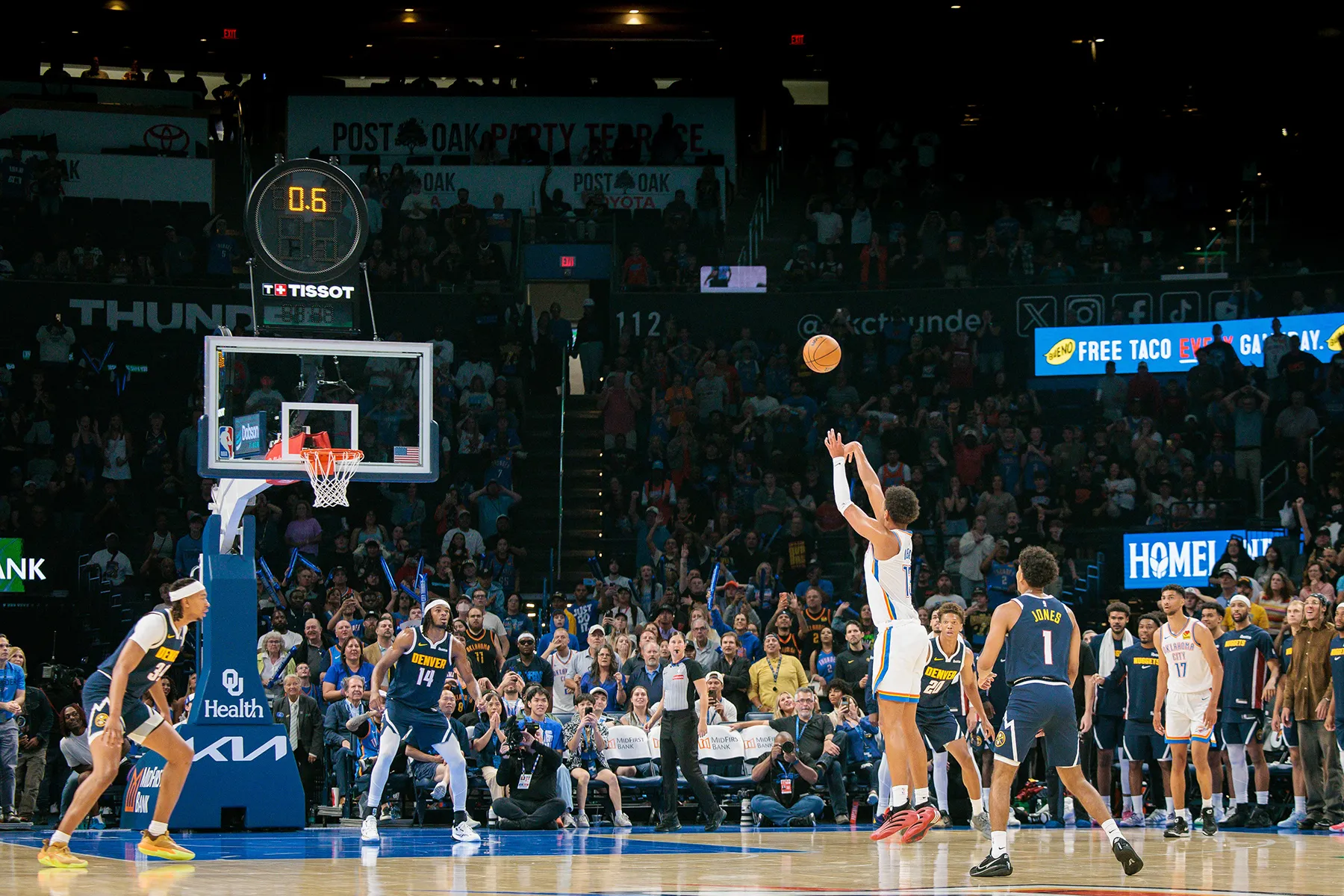Copyright guampdn

Local farmers, small businesses and neni vendors all came together to sell fresh produce, handmade goods, value-added products and take part in family friendly activities during Saturday’s Fall Farmers’ Market. Fam Farmers’ Market teamed up with Guåhan Sustainable Culture for this farmer’s market, which was held for the first time at GSC’s Food Resiliency Hub, formerly Hamamoto Fruit World, in Yona. At the upper level of the market, local vendors, farm-to-table sellers, and neni-run stalls sold everything from fresh vegetables and foods to homemade crafts and services. Down the road, families visited the Fun Farm, where Angels Garden showcased its sunflower beds and the Goats & Giggles Petting Zoo drew children and parents alike. Guest judges and community members also took part in the Kadu Contest, where Brandon Sanchez won first place and received $300 in Pay-Less gift certificates and a $25 Infusion gift card. Live entertainment by Eden Cruz, Micro Child, Zay Buendecho, and Teihini livened up the crowds with island music. Cassie Brady, representing Farm to Table, sold fresh produce from their farm based in Mangilao. Using natural methods, their farm brought Chinese cabbage, mizuna, malunggay, fresh eggs, and more for the local community. Bran San, also known as Brandon Sanchez, sold classic chickens, miniature chickens, ducks, and turtles under Lanchon Tinina. He noted that with rising expenses, selling livestock and feed for animals helps local families. “Feed is expensive nowadays, so it helps provide and bring food to our table and kitchen,” San added. Raising farm animals goes back to San’s father, who raised chickens for cockfights. Now, he continues the tradition with his own family and daughters for the community to enjoy. “I love animals… That’s what I like to do,” said San. “My daughter loves it and then soon, my baby girl will love it.” Nolan Bamba and Sebastian Leddy were the nenis running their snack shack at the Fam Farmer’s market, selling lemmai chips with the Bamba family right by their side. “Everything here is local,” said Nolan. “Business wasn’t really picking up when we first got here, but now it’s getting better as we go, which is honestly how business goes.” From climbing lemmai trees to cooking them into chips, the process has been a family tradition. “I learned from my grandpa who taught me,” said Brandon Bamba, father of Nolan. Local food production Kallen Perez, program coordinator for Famaguon Farms, said this is the first time the fall market was held at the Guåhan Food Resiliency Hub. “It’s a lot of work, but it’s so rewarding,” Perez said regarding the planning process for the event. Marlyn Oberiano, co-founder and vice president of Guåhan Sustainable Culture, said the hub aims to expand its 50-acre space and partner with more farmers and producers. After receiving a grant to work with 24 local farmers, Oberiano said GSC plans to help farmers grow culturally relevant crops and strengthen local food production. “What we’re trying to do is promote food sovereignty…so that we don’t have to import so much of our food,” she said. “We want to create that space for people to learn how to grow their own food and be inspired when they see spaces like this.” The group’s first partnership was with Angels Garden, a local flower farm that displayed its sunflower fields during the event. Perez thanked community partners, including the Yoña Mayor’s Office, University of Guam, Triple J, BankPacific, Coast360 and GTA for helping to bring the market to life. She encouraged the public to join the next Farmers’ Market, planned for spring.



